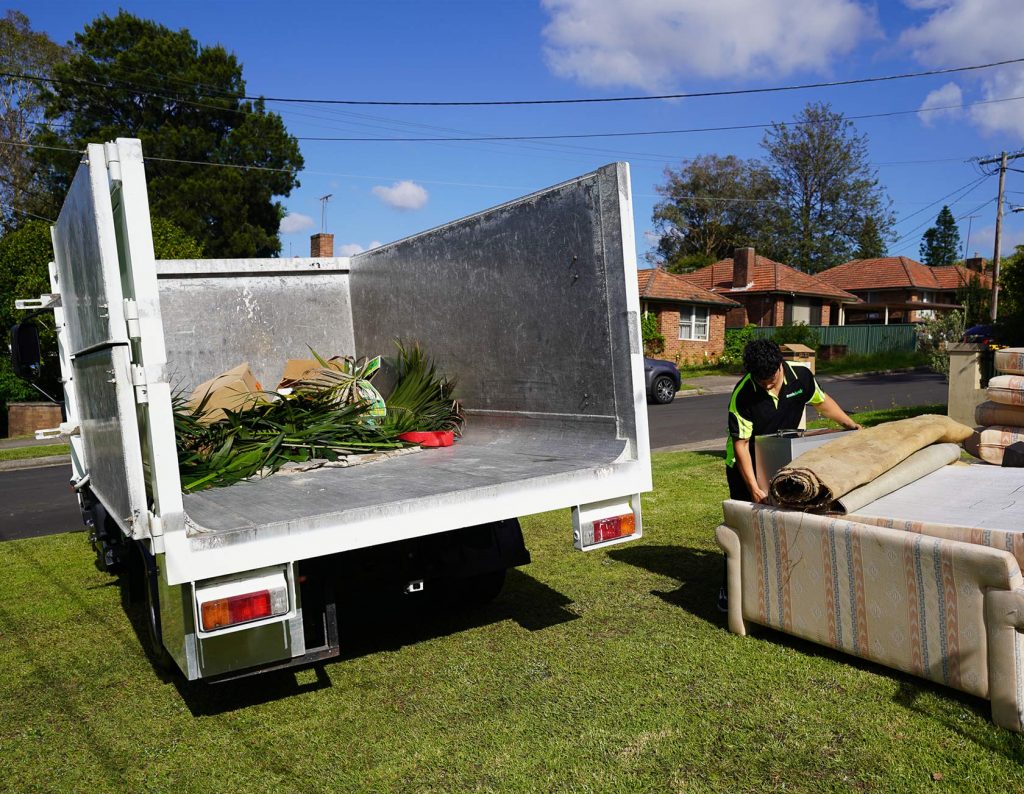You know it’s deforestation when a bushfire sweeps through the hectares of forest, or it is clear-cut to make space for an oil palm plantation or for irresponsible mining purposes. Although deforestation in some countries appears to be declining, it remains disturbingly high in others, especially in Australia who’s losing much landmass covered with trees in a fast phase.
Australia houses some of the world’s most exotic and amazing wildlife since it has vast savannahs, tropical rainforests, grasslands, endangered gum forests and diverse forests. These kinds of habitat provide protection for our most important endangered species for more than centuries.
But just as how our country is rich environmentally, it is also one of the world’s worst developing countries who have broad-scale deforestation, killing tens of millions of wild animals (including endangered species) and destroying endangered trees and forests. As of today, Australians have already cleared almost half of our forest cover in the last 200 years.
That is why implementing and tightening laws on deforestation is necessary to avoid wiping out the large forests that are helping the world to decrease the above-average temperature. To have a deeper grasp of the prohibition of deforestation, here are the details that you need to know about the laws regarding deforestation.
Australian Laws to Combat Deforestation
The causes of illegal logging are numerous and complex. For several decades, part of the explanation for the continuation of illegal logging and related illegal trading of logs is that customers are unable to differentiate between lawfully and illegally sourced forest products.
However, this is changing now as the number of consumers in the country are taking measures to promote trade in legal timber and help forest law enforcement to take effect in timber-producing countries. Here are some of the laws that will remind you of how deforestation must be taken seriously.
Illegal Logging Prohibition
Imports of illegally harvested timber and the manufacturing of illegally raw logs are banned by the Illegal Logging Prohibition Act 2012. This Act is supported by Illegal Logging Prohibition Regulation 2012 through defining the limitations for cutting timbers, penalties, and requirements in legal logging and its process.
These laws require importers of timber products and processors of raw logs to carry out every regulation said in the law in order to minimise the risk of the importation or processing of illegally logged timber. At the time of importation, importers of regulated timber products must send their due diligence statements to the Customs Minister to prevent consequences.
Under Australian law, unauthorised logging means “the cutting of timber in contravention of the laws of the country where the timber is harvested”. This encompasses a broad spectrum of illegal activities, such as:
- logging activities in protected areas
- logging of protected species of trees
- logging with fake or illegal documents
- using illegal harvest process
Through obeying these guidelines, you know you are doing your part to combat the damaging trade in illegally logged timber nowadays. Not just you are helping to prevent deforestation, you are also supporting local investment, profitability and employment as well.
Australian Responsibilities
One of the biggest global concerns today is illegal logging as mentioned earlier. In all types of forests, the illegal logging, laundering and trade of illegal timber exist worldwide. This motivates mainly profit that has detrimental effects on forest habitats, communities and economies. With this, the illegal logging laws of Australia impose various responsibilities on various individuals to comply strictly to the policy about deforestation:
- Importers – You have legal obligations when importing timber, pulp, or paper products into Australia. You need to ensure, as an importer, that you do not import products containing illegally logged timber.
- Domestic Processors – You have legal obligations if you process Australian grown raw logs. You need to ensure as processors that you do not handle illegally logged timber.
- Customs Brokers – The illegal logging laws are not specifically influenced by Customs brokers. Your clients, however, can ask for assistance in understanding their legal obligations. You will also need to help your customers answer a Community Protection Question about illegal logging.
- Overseas Suppliers – Illegal logging laws are not directly impacted by Overseas suppliers. Your Australian customers may, however, ask for details about where the timber in your wood, pulp and paper products comes from. They would also need proof that it was harvested lawfully.
- Exporting from Australia – Australia’s illegal logging laws do not explicitly impact companies exporting timber products from Australia. You may have other legal obligations, though and your items may be subject to the illegal logging laws of other countries, such as Wood Export Licensing.
Conclusion
While Australia is clearing out a large landmass of trees, the country is also increasingly tightening policies and evaluating the importance of its natural resources and facilities, such as carbon-absorbing forests and habitats for endangered wildlife.
Additionally, decision-makers use the evaluations in several ways. The process includes promoting a green economy strategy that incorporates the sustainable use of natural resources into the new plans and policies for the economy, agriculture, energy, and more of a country. With this, effective policies will help stop deforestation soon.
At Aussie Junk, our team always complies with Australia’s Regulations, Safety and Codes of Practice when doing tree removal services. We partner with local tree removal companies to do the job safely and effectively.
Whatever the condition and size of your tree, removing it on your own is dangerous. Removing trees requires training, skills and experience to execute them efficiently and safely.
Give us a call at 0435 569 921 at any time, or send us an email for a quote.

